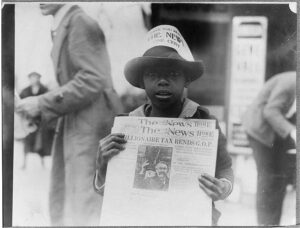1921: A Year in Review (With a brief nod to 1941)
For my last substantive post of 2021, I was torn between looking at 1921 and 1941. I finally decided that 1941 had received lots of attention in Historyland, at least in the United States, thanks to the 80th anniversary of the bombing of Pearl Harbor. Every major media source, and a lot of minor ones, found a version of the story to tell. (I had a chance to get into the act on Bloomberg Radio’s Balance of Power program, talking about new roles for women in World War II and the influence of those roles on the feminist movement of the late 1960s and 1970s. ) * So, 1921 it is.
The year was marked by trailing issues from World War I, all of which had consequences for the future:
- Allied representatives in Paris set the precise terms of German war reparations, with a payment schedule that extended to 1988. (You can see why Germans might have been cranky about this.)
- A related conference on disarmament in Washington DC, resulted in stringent limitations on Germany’s right to rebuild its military forces.
- The Russian civil war ended, leaving Lenin and the Bolsheviks in control, and a massive famine underway.
- Great Britain and Irish nationalists signed a treaty establishing four-fifths of Ireland as the Irish Free State and a member of the British Commonwealth, a solution that wasn’t really satisfactory to anyone.
- The United States and Germany finally signed a peace treaty.
At some level you could argue that everyone lost the peace.
Looking beyond the world of peace treaties and tying up loose ends, here are some highs and a lot more lows:
- Race relations in the United States were becoming more violent. The membership in the Ku Klux Klan was on the rise. The riots in Tulsa and the destruction of “Black Wall Street” were just an extreme example of events that occurred in many places across America.**
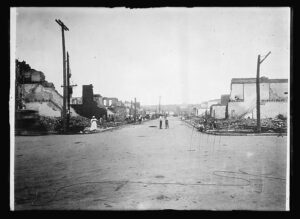
- Canadian scientists Frederick Banting and Charles Best isolated the hormone insulin and, with the help of a third scientist, James Collip, began the series of experiments that would allow its commercial production as a treatment for diabetes. Banting and Best won a Nobel Prize for their work in 1923.
- Rudolf Valentino starred in The Sheik. (Not sure if that’s a high or a low, quite frankly. )
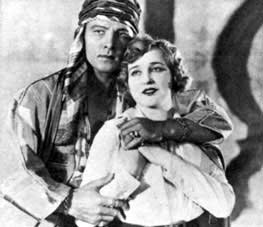
- Swiss psychiatrist Hermann Rorschach introduced what became known as the “Rorschach test,” in which patients are evaluated based on what they see in a series of ten inkblots. It was widely used through the 1960s as a diagnostic tool. The more I think about it, the weirder it seems.
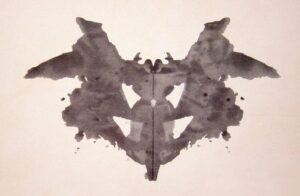
- The Emergency Quota Act, enacted in response to strong anti-immigrant feeling, limited the number of immigrants allowed into the United States. It was mostly aimed at immigrants from Southern and Eastern Europe.
- Herbert Hoover extended the European relief program for which he was responsible into Russia, where millions were starving as a result of the Great Famine. He received a lot of grief for helping, *gasp* communists, but he insisted that starving people needed to be fed without reference to their politics. (Yes, Herbert Hoover, who would fail miserably at providing relief to Americans a few years later during the Great Depression. )
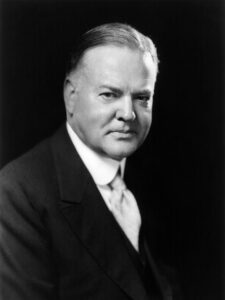
- Adolf Hitler became the chairman of the Nazi Party.
- Coco Chanel introduced “Chanel No. 5”—a definite high point as far as I’m concerned.
Did I miss something important?
*Obviously there are lots of stories from 1941 that didn’t receive the same degree of media attention this year, including General Erwin Rommel’s arrival in North Africa with the Afrika Korps and Hitler’s invasion of Russia.
**If you want a clear example of how the experience of Black Americans has been left out of history as we are taught it: the Tulsa riots do not appear in any of my historical timeline reference books, all of which were printed in the last twenty years. Just to put this in context: one of them includes the winner of that year’s Rose Bowl game and another noted the first use of two way radios by police. The real problem here is that if you don’t already know about the Tulsa riots, you won’t realize that they are missing.





